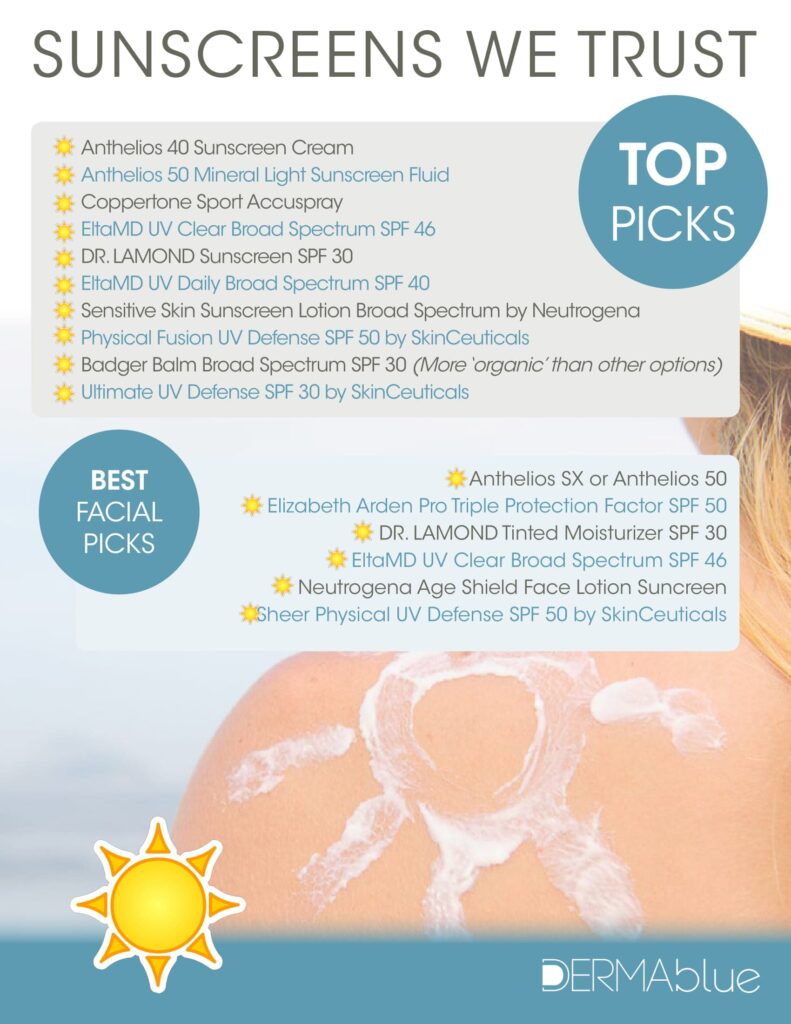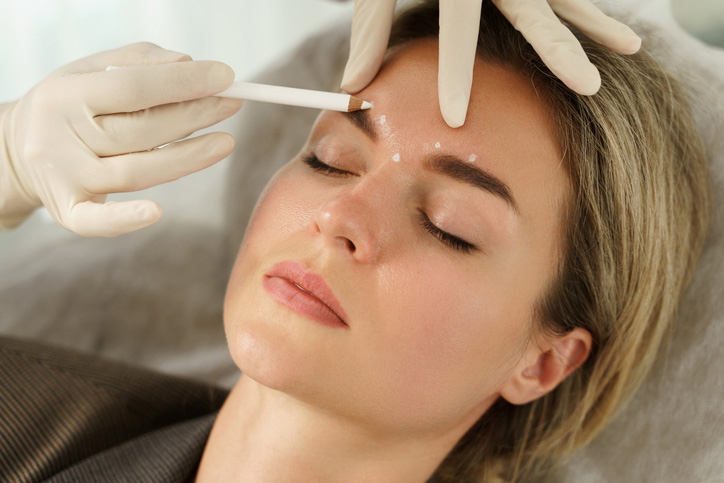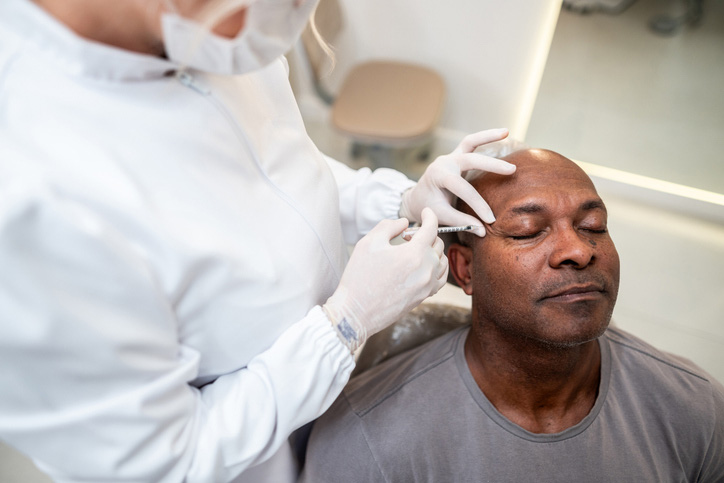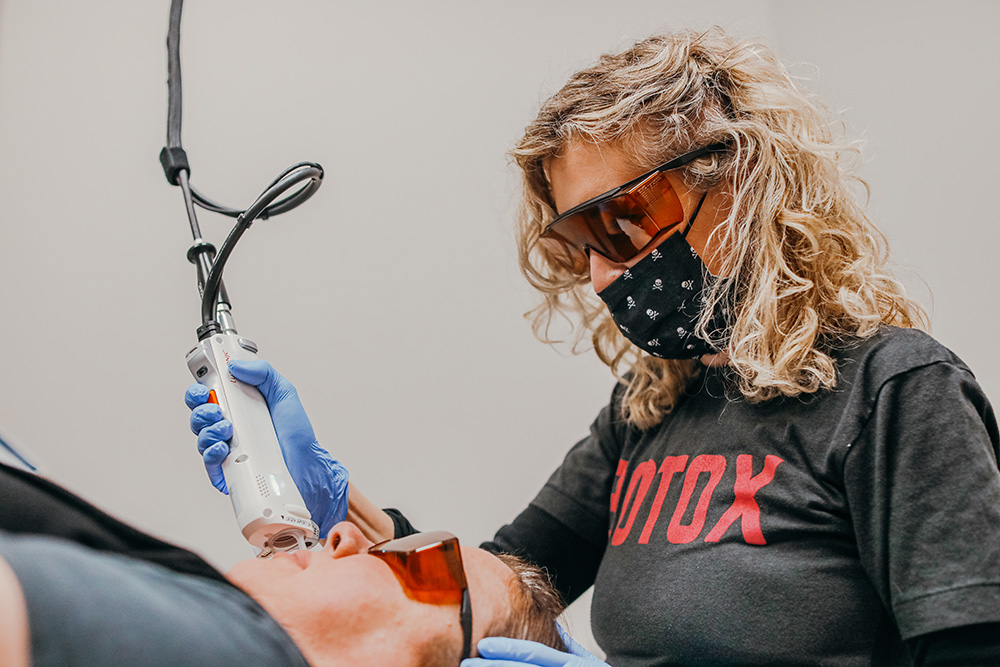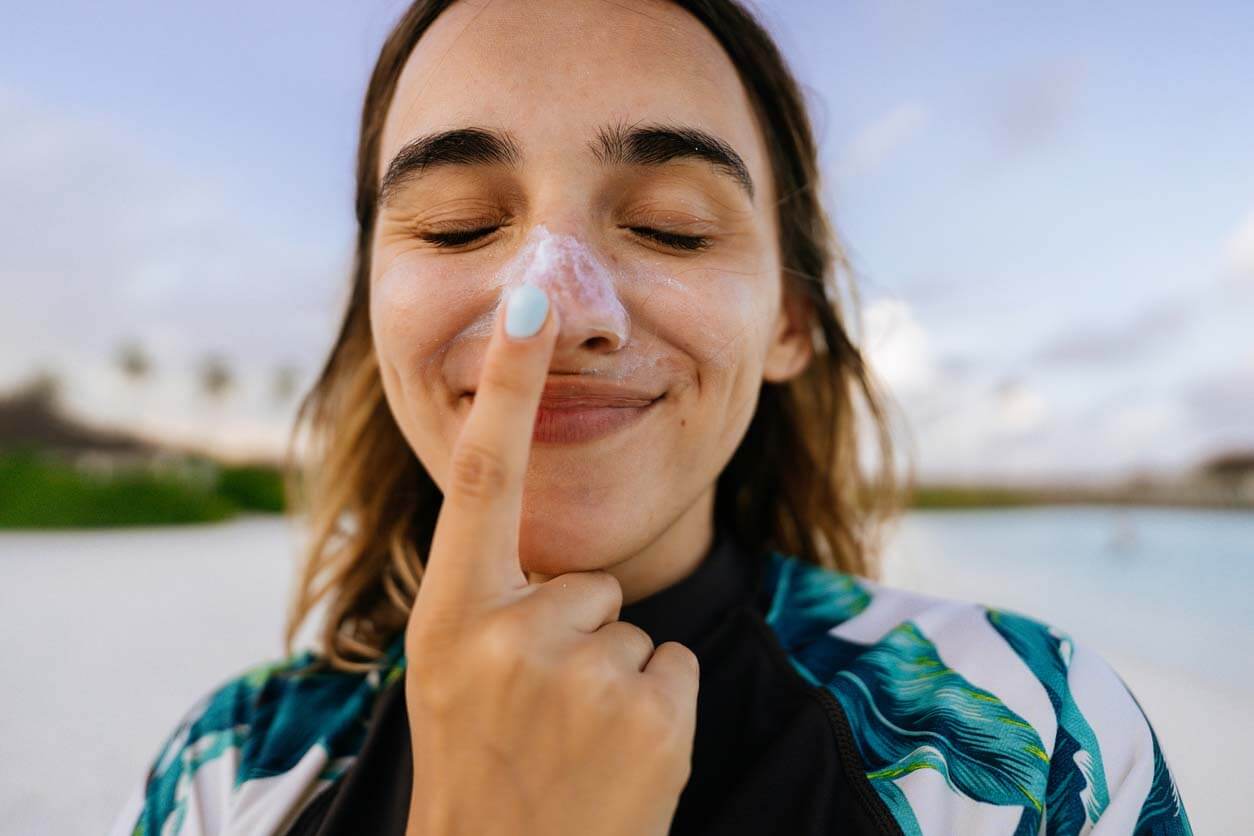
How to Decode Sunscreen Lingo
As important as it is to wear SPF daily, it is also equally as important to know how to decode sunscreen lingo on the packaging. Not many people know the difference between SPF and Broad Spectrum, for example. Our job at Dermablue is to give our patients the knowledge needed to make healthy decisions for their skin. Read on for a few pointers on how to decipher the technical terms you’ll see on sunscreen packaging.
Broad Spectrum Sunscreen
When the FDA labels a product as “Broad Spectrum” it means the sunscreen can protect you from the sun’s harmful Ultraviolet rays A (UVA) and UVB (burning) rays. This helps prevent not only sunburn but aging and skin cancer.
SPF
This indicates how well a sunscreen protects you from the sun. SPF stands for “Sun Protection Factor”. So what does the number mean after SPF? The number tells us how much UVB light (the burning rays) a sunscreen can filter out.
For example: SPF 15 blocks 93% of the sun’s UVB rays. SPF 30 blocks 97% of UVB rays.
The take home is that there’s no sunscreen that can filter out 100% of the sun’s UVB rays. Combining SPF with protective clothing and shade helps significantly.
Water Resistant vs. Waterproof
Have you noticed that sunscreen is labeled “water resistant” instead of “waterproof’? The truth is there is no such thing as waterproof sunscreen. Sweat and water wash away the sunscreen product over time regardless. Water Resistant sunscreen is either effective for 40 minutes in the water or 80 minutes in the water. At that time it is important to reapply.
Even if you haven’t been in contact with water while wearing sunscreen it is highly recommended to reapply every 2 hours for best protection results.
Chemical vs. Physical sunscreen
So, what’s the difference between a physical sunscreen and a chemical sunscreen? A chemical sunscreen protects you by absorbing the sun’s rays as well as contain a wide range of active ingredient options. A physical sunscreen protects you by deflecting the sun’s rays and contains ingredients such as zinc-oxide. Some sunscreens have both types of active ingredients therefore being both chemical and physical.
Daily Wear
Also, remember that SPF is important to wear every day- not just on vacation or extended outdoor activities. Find a sunscreen that works for your skin type and feels comfortable to wear regularly. Fortunately, there are many facial moisturizers that include SPF in their recipes—you don’t have to deal with the smell and consistency that we typically associate with sun screen.
Taking sun protection seriously can be overwhelming if we don’t know the details with packaging. At DermaBlue, we are always here to help you decipher sunscreen choices to make sure you have what’s best for your skin and outdoor situation. If you have any questions, simply contact us today or schedule an appointment directly with our providers online.

